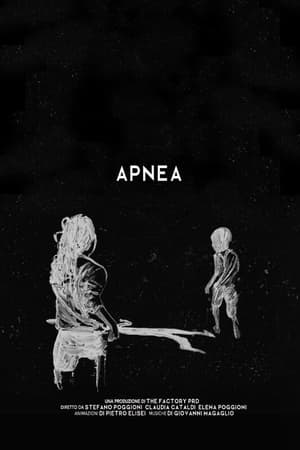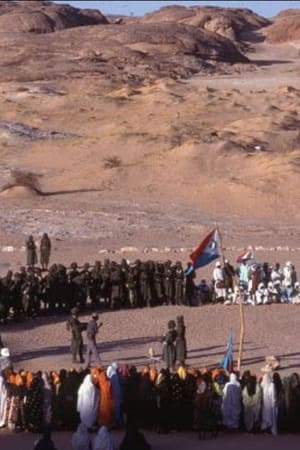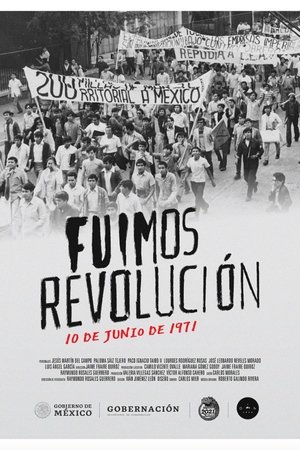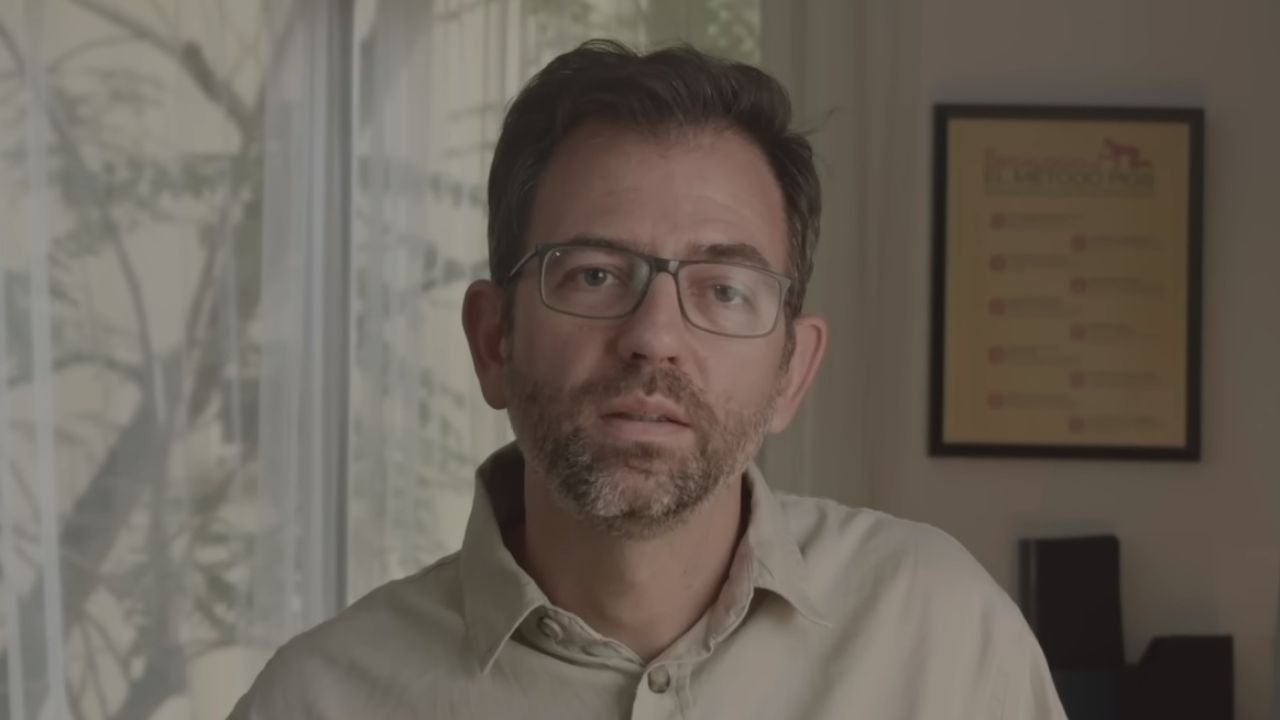
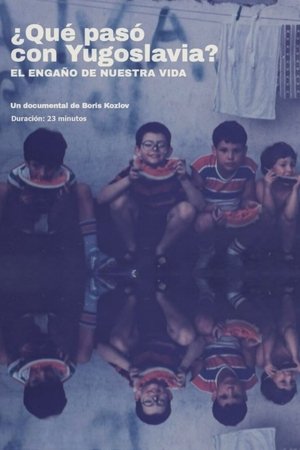
¿Qué pasó con Yugoslavia?. El engaño de nuestra vida(2023)
After forty years of fighting Moscow, Washington won the Cold War, and NATO found a way to expand eastward; however, there was one loose end to the problem: Yugoslavia was not a satellite of the USSR…
Movie: ¿Qué pasó con Yugoslavia?. El engaño de nuestra vida

¿Qué pasó con Yugoslavia?. El engaño de nuestra vida
HomePage
Overview
After forty years of fighting Moscow, Washington won the Cold War, and NATO found a way to expand eastward; however, there was one loose end to the problem: Yugoslavia was not a satellite of the USSR…
Release Date
2023-11-11
Average
0
Rating:
0.0 startsTagline
Genres
Languages:
Keywords
Similar Movies
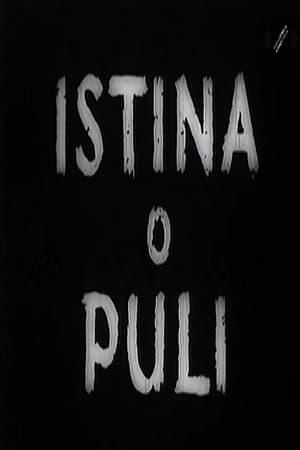 0.0
0.0The Truth About Pula(sh)
Yugoslav Partisan propaganda film about the post-World War II events in Pula.
Message from Genova(en)
This expository film shows the mood of European society on the eve of the Second World War while promoting the values of international cooperation. Using the Swiss office of the BBC as an example, the film describes the functioning of radio and presents the possibilities opened by mass communications. After the advent of sound film, Cavalcanti promoted experimentation with sound, and in this connection he was interested in the communicational, organizational, and social aspects of radio.
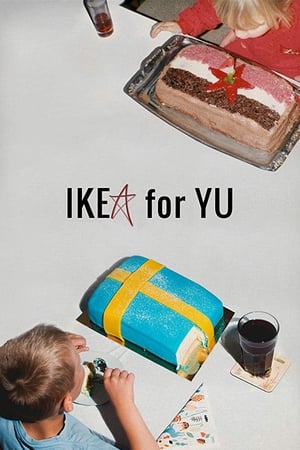 6.3
6.3IKEA for YU(en)
Marija grew up in a family that lives Yugoslav ideals even today. Given that Marija and her family are of Serbian origin, who continued to live in Croatia, regardless of the pressures of the recent war, the Yugoslav identity is the one they felt closest to. She had always felt that her family's ideals were her own, until her life path turned her in a different direction. When she founded her own family with her husband, she began to question her parents' and grandparents' values, as well as her own, and if that was the environment in which she wanted to raise her son. Within a journey through the family history, Marija opts for a "new beginning" in a totally different environment and sets up a new home - in Sweden. This film is a story about growing up, separation from the nest, and accepting one's own value system, and how to get there, in the atmosphere of a stable and loving family.
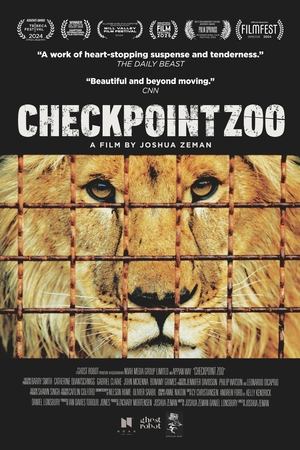 0.0
0.0Checkpoint Zoo(en)
Checkpoint Zoo documents a daring rescue led by a heroic team of zookeepers and volunteers, who risked their lives to save thousands of animals trapped in a zoo behind enemy lines in the Russian Invasion of Ukraine.
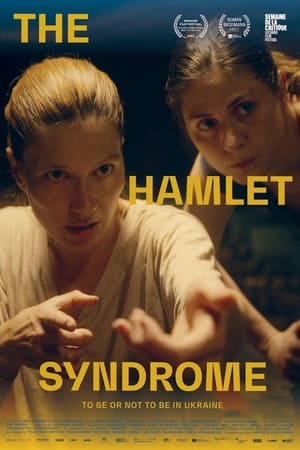 8.0
8.0The Hamlet Syndrome(de)
Five young Ukrainians discuss life following the Maidan Revolution of 2014. Not all fought in the Russian-Ukrainian war, but it, regardless, shattered their life plans. Representing 'Generation Maidan', they face the question of how to cope with experiences of violence, how to go on. A local theatre director produces Hamlet, wherein they can use Shakespeare’s tragic character as a mirror and face their traumas onstage. For them, 'to be or not to be' is not simply text but an existential dilemma with no clear answer.
 0.0
0.0Hotel Sunja(hr)
In 1992, the Yugoslav army and Serbian paramilitary forces captured one-third of Croatia as the country was engulfed in a state of war. A squad of fighters is defending their position in the small but strategically significant village of Sunja, where the invaders have surrounded them on three sides. Ivan Salaj, a young and gifted director who was still enrolled in film school at the time, chooses to use their story as the subject of his student film. Considered one of the most important films from a period when Croatian independence was still at stake, it provides an accurate portrayal of life on the front lines. What makes Hotel Sunja even more special is that it was made by a group of students who risked their lives to make the movie.
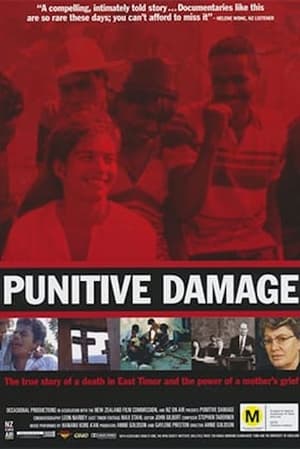 0.0
0.0Punitive Damage(en)
The story of New Zealander Helen Todd's law suit against an Indonesian general that she pursued after her son, Kamal, was shot dead in the Dili massacre in East Timor.
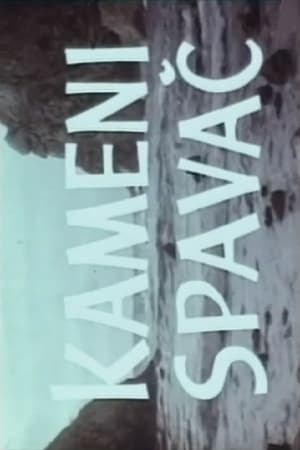 0.0
0.0Stone Sleeper(sh)
Film inspired by the beauty of medieval tombstones, stećaks, scattered around the mountains of Bosnia-Herzegovina and Mak Dizdar’s poem about them. Film explores the distant past immortalized in inscriptions on these ancient tombstones.
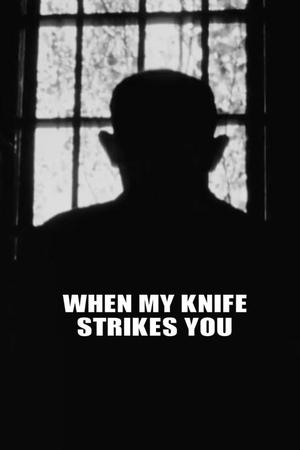 7.2
7.2When My Knife Strikes You(sh)
Shot in various villages throughout Yugoslavia, this is a disturbing document of a time when people were stabbing each other with knives without any real reason. Murderers, people who witness these murders and the families of victims all talk about the senseless violence and the human condition.
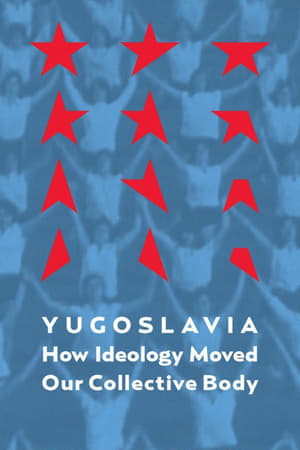 6.3
6.3Yugoslavia: How Ideology Moved Our Collective Body(sr)
A research-based essay film, but also a very personal perspective on the history of socialist Yugoslavia, its dramatic end, and its recent transformation into a few democratic nation states.
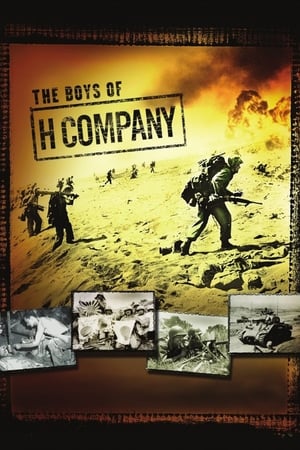 0.0
0.0The Boys of H Company(en)
This documentary follows the steps of the boys of H Company as they fight on the island of Iwo Jima.
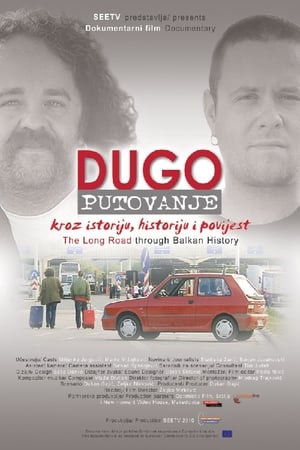 0.0
0.0The Long Road Through Balkan History(en)
Bosnian Croat writer Miljenko Jergović and Serbian writer Marko Vidojković replace one another by the steering wheel of Yugo, a symbol of their common past while driving on the Brotherhood and Unity Highway that stretched across five of six republics of Yugoslavia.
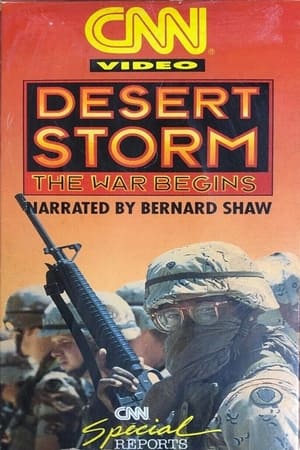 0.0
0.0Desert Storm: The War Begins(en)
An historic presentation by CNN documenting the lead up to and the beginning of the war in Iraq.
City of Splendour(hr)
A documentary about punk and subculture scene of Pula, Croatia from 1978 to 1991, the city that gave birth to one of the most vivid punk and alternative rock scenes in former Yugoslavia, despite having population of just over 60,000 residents.
 0.0
0.0The Making of 'Band of Brothers'(en)
Interviews made of the various actors and cast members that provide the knowledge and production skills and sets required to make the film a success.
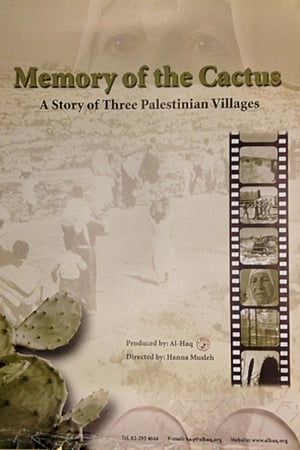 0.0
0.0Memory of the Cactus(ar)
A 42 minute documentary film that combines the cactus and the memories it stands for. The film addresses the story of the destruction of the Palestinian villages of Latroun in the Occupied West Bank and the forcible transfer of their civilian population in 1967. Over 40 years later, the Israeli occupation continues, and villagers remain displaced. The film follows two separate but parallel journeys. Aisha Um Najeh takes us down the painful road that Palestinians have been forcefully pushed down, separating them in time and place from the land they nurtured; while Israelis walk freely through that land, enjoying its fruits. The stems of the cactus, however, take a few of them to discover the reality of the crime committed.
